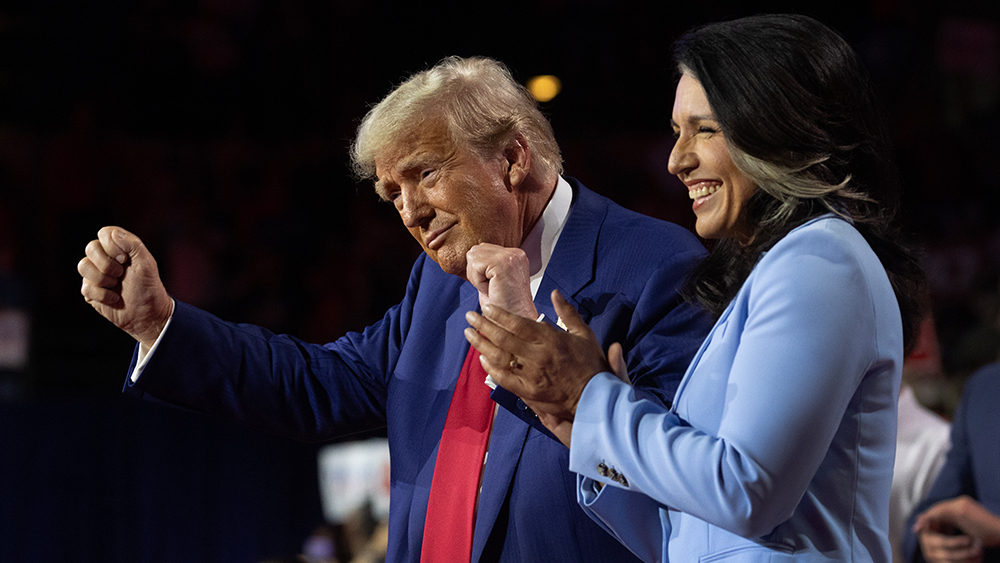
By Maayan Lubell and Rami Ayyub
TRUMP HEIGHTS, Occupied Golan Heights (Reuters) – Trump Heights, Trump Square, Trump train terminal: Israel isn’t shy about honoring Donald Trump, who is widely admired among Israelis for his staunch support of their country.
But in the Palestinian territories, no U.S. president was openly reviled as much as Trump, or depicted in such unflattering terms in portraits and effigies across the Gaza Strip and the occupied West Bank.
In four years, Trump overturned decades of U.S. policy in the Middle East. Joe Biden will want to undo many of those changes during his presidency, but his freedom for maneuver will be limited.
At his Senate confirmation hearing on Tuesday, Biden’s choice for secretary of state, Antony Blinken, signaled that countering Iran would be central to Biden’s Middle East agenda.
But Blinken said the United States was “a long way” from rejoining the 2015 pact with Iran – restraining Tehran’s nuclear program – which the United States quit under Trump.
Biden and his team have said they will restore ties with the Palestinians that were cut by Trump, resume aid and reject unilateral actions, such as construction of Israeli settlements on occupied territory.
But Blinken said the U.S. embassy in Israel would remain in Jerusalem, which Trump recognized as Israel’s capital.
Four Trump-brokered diplomatic deals between Israel and Arab states are also likely to remain – they have bipartisan support in Washington and brought a strategic realignment of Middle East countries against Iran.
So too is Trump’s acceptance of Israeli sovereignty over the occupied Golan Heights, which Israel captured from Syria in a 1967 war and annexed in a move not recognized internationally.
Biden’s challenge will be how to walk back not just Trump-era policy – and the polarization triggered by the man who said he had “done a lot for Israel” – without being accused of retreating altogether from the Israeli-Palestinian conflict.
“He will try to project an image of fairness and balance,” Michele Dunne, Director of the Middle East Program at the U.S. based Carnegie Endowment for International Peace, told Reuters.
“There is no question that Biden’s policies towards the Middle East will be quite different from those of Trump; the question is how different they will be from those of (former President Barack) Obama… I doubt that Biden sees the conflict as ripe for U.S. diplomacy right now.”
TRUMP AND NETANYAHU
Trump was broadly in lockstep on Middle East policy with his closest ally in the region, Israeli Prime Minister Benjamin Netanyahu.
As well as recognizing Jerusalem as Israel’s capital and Israeli sovereignty over the Golan Heights, Trump backed Israeli settlements in the West Bank, territory that the Palestinians seek for a state.
Israel’s investment in its West Bank settlements between 2017-2019 increased by almost half against the last three years in office of Obama, according to official Israeli data provided to the U.S. State Department and seen by Reuters.
One day before Biden’s inauguration, Israel issued tenders for more than 2,500 settlement homes in the occupied West Bank and East Jerusalem, on top of hundreds more announced by Netanyahu last week.
Relations with the Palestinians reached a new low after Trump cut off $360 million annual funding to UNRWA, the United Nations agency dealing with Palestinian refugees, reduced other aid to the Palestinians and shuttered the Palestine Liberation Organization office in Washington D.C.
Blinken returned to long-standing, pre-Trump, diplomatic norms at his senate hearing.
“The only way to ensure Israel’s future as a Jewish, democratic state and to give the Palestinians a state to which they are entitled is through the so-called two-state solution,” Blinken said.
But he added: “Realistically it’s hard to see near-term prospects for moving forward on that.”
In Gaza, UNRWA Commissioner-General Philippe Lazzarini was optimistic of change, and that things might ease up for the Palestinian refugees that his agency cares for.
“We indeed have informal contact with the incoming new administration. We heard all the messages we are receiving that there are intentions to resume the partnership,” he told Reuters.
THE TRUMP BRAND
For many Israelis, the Trump brand has not been tarnished by the Capitol Hill riot on Jan. 6.
In Trump Heights, a tiny Golan Heights settlement, work is underway to house 20 new families who will move in by the summer. A giant black and gold sign at the gate has been restored after vandals stole the ‘T’.
“We are keeping the name Trump Heights, we are proud of the name. President Trump deserves gratitude for all the good deeds he did for us,” Golan Regional Council Head Haim Rokach told Reuters.
An Israeli cabinet minister this week reaffirmed his support for Trump’s name to adorn a future train terminus near Jerusalem’s Western Wall, and at Trump Square roundabout in Petah Tikva he remains popular. “We will miss him,” said Alon Sender. “He was good for Israel.”
(Additional reporting by Rami Amichay, Adel Abu Nimeh, Nidal al-Mughrabi, Dan Williams and Ali Sawafta, Writing by Maayan Lubell and Stephen Farrell, Editing by Timothy Heritage)










